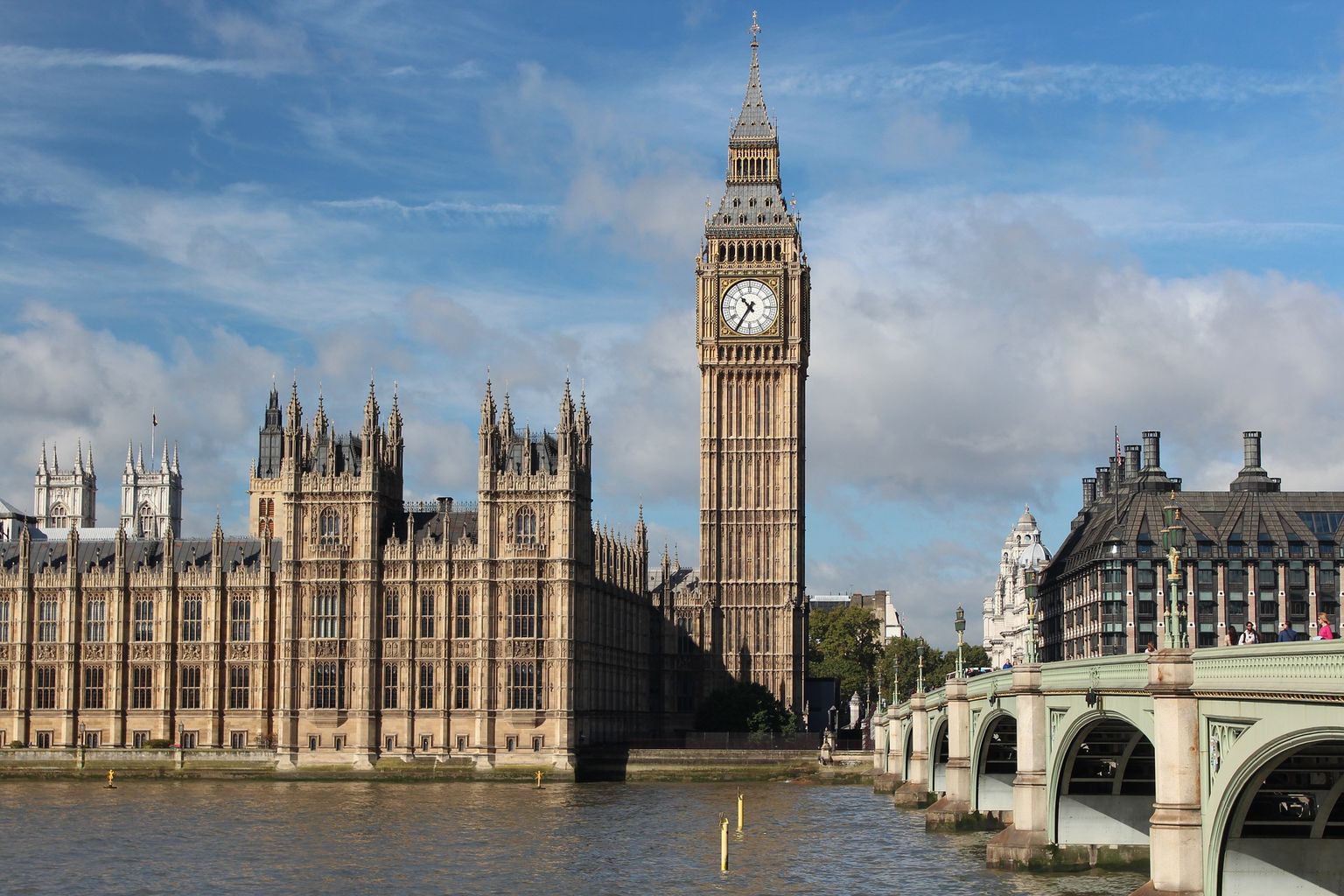Lincolnshire Deputy Chief Constable Jason Harwin has been briefing MPs on needle spiking
He is also the National Police Chiefs Council drugs lead
 © Pixabay
© PixabayMore than 1,300 reports of needle spiking have been made to UK police forces in less than six months, MPs have heard.
Jason Harwin, National Police Chiefs Council drugs lead, told the Home Affairs Committee that police forces have received 1,382 reports of such crimes since September.
And forces are aware of 14 secondary offences, such as sexual assault or theft, which they believe are linked to needle spiking.
In contrast, he said there were 1,903 crimes that could be related to spiking across the whole of 2019.
The Lincolnshire Police Deputy Chief Constable said needle spiking is a new phenomenon, with reports of incidents taking place across the UK, and some localised hotspots.
It came as a senior police officer said there have been no identified cases of people being spiked by injection in Scotland.
Last week, Detective Chief Superintendent Laura McLuckie said forensic analysis has so far found no traces of drugs used for spiking, and said the "significant increase in reporting" is the result of "the media and social media (prominence) that it was given at the time".
Asked if he could explain why he believes it is a "real thing, not just a media phenomenon", Mr Harwin said forces have received an unprecedented volume of calls, and universities and student unions are also raising the issue.
He told MPs: "We've not seen that before - the scale of that before - we've never seen that before."
He continued: "So in terms of prevalence, we clearly have got an issue here in the UK.
"Importantly, we recognise the impact it has on the victims and in particular those who have not got confidence to come forward.
"And we recognise the challenges sometimes about reporting the issues around spiking."
He added that the police recognise that the amount of people being prosecuted "is not enough", and that there is more forces can do to stop offenders, make them realise they are committing a serious offence and change their behaviour.
The committee was hearing evidence from police representatives as part of its inquiry into spiking. which is illegal.
Mr Harwin said the "ideal ask" would be for a specific offence to be created for spiking.
He said: "Longer term, we really do need... My personal view is we need a separate offence for it because it highlights the importance of this crime. And secondly, for me importantly, it shows the importance that we've seen in terms of doing everything we can to stop it in the first place."
Durham Police and Crime Commissioner Joy Allen said the force had received 82 reports of spiking incidents between October and December.
Of these, around three in 10 (25) were thought to be injection-related.
She said this is a "significant number that demonstrates the trend", but added that a "staggering" number of people who are spiked do not feel comfortable to report it.
She added: "I think that's just a drop in the ocean because we know a lot of people aren't coming forward."
Dean Ames, forensic drugs operation manager at the Metropolitan Police, said analysis of 100 samples to date has revealed a "small number of positive suspected spiking incidents".
He said in around half of the samples no drug or a drug of no concern, such as paracetamol, was detected.
Around 20% showed a medicinal or therapeutic drug, likely to have been voluntarily consumed, and in 30% the analysis detected a controlled drug, many of which are prescribed.
He said there is a suspected spiking incident currently being investigated involving Diphenhydramine, a sedating antihistamine.
In one sample a constituent of magic mushrooms was found, and in another GHB, commonly used as a sedative in sexual offences.
Mr Ames said it would be "very difficult" for someone to be injected with GHB and not notice at the time, as it is very viscous in liquid form.
He said the optimum time for victims to come forward and provide a urine sample is 12 hours, but drugs leave the body at different rates and between three and five days is the "window of opportunity" commonly used by police forces.
Forces are working to understand the maximum viable time in which a sample can be taken, and are currently allowing samples taken up to seven days later, he said.
He said analysing hair samples is a "last resort as an evidential opportunity" because this takes longer, is more costly and has limitations such as not being able to pinpoint the presence of drugs in the body to a particular day.
Victims or witnesses of spiking can share their experiences through the committee's public survey, which is open until January 31.